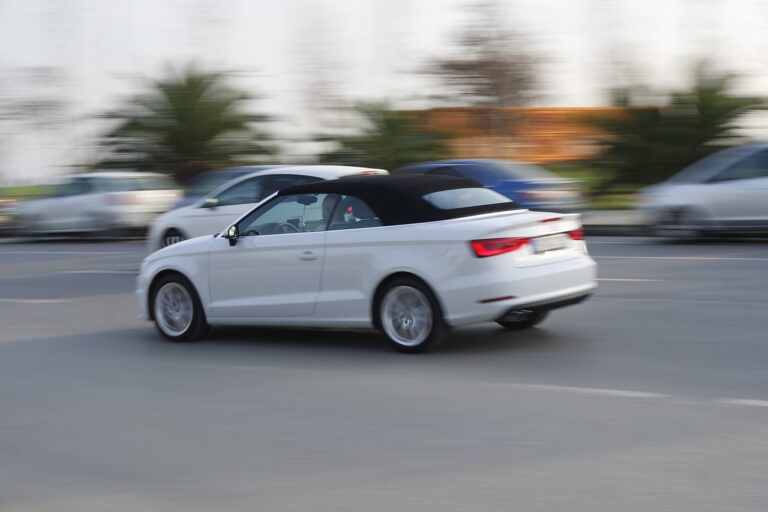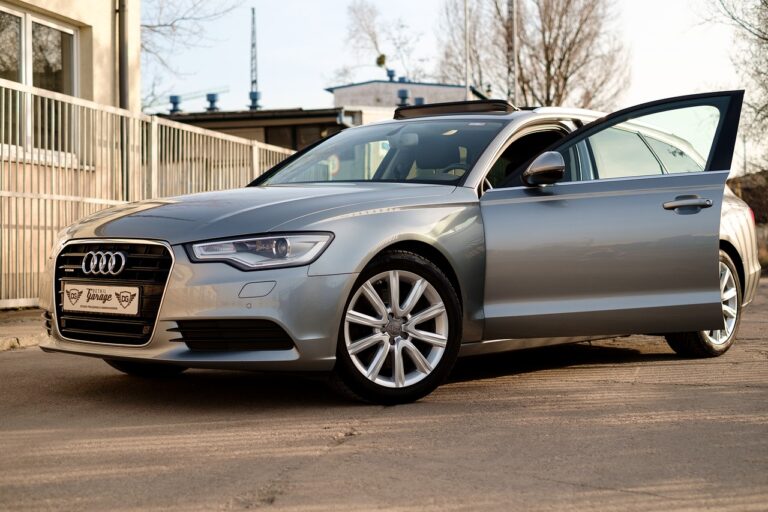The Future of Sensor Technologies in Autonomous Vehicles: 11xplay online id, Diamondexch9 login, Sky exchange registration
11xplay online id, diamondexch9 login, sky exchange registration: The future of sensor technologies in autonomous vehicles is an exciting and rapidly evolving field. As technology advances, the capabilities of self-driving cars are becoming more sophisticated, making them safer and more efficient than ever before.
1. LiDAR Technology
LiDAR, which stands for Light Detection and Ranging, is a sensor technology that uses laser pulses to measure distances and create detailed 3D maps of the surrounding environment. This technology is essential for autonomous vehicles as it allows them to accurately detect and navigate through complex obstacles in real-time.
2. Radar Sensors
Radar sensors are another crucial component of autonomous vehicles. They use radio waves to detect objects and vehicles around the car, providing additional information to help navigate through traffic and avoid collisions.
3. Cameras
Cameras play a significant role in autonomous vehicles by providing visual information about the surrounding environment. Advanced image recognition algorithms can analyze these images to identify road signs, traffic signals, pedestrians, and other vehicles.
4. Ultrasonic Sensors
Ultrasonic sensors use sound waves to detect objects in close proximity to the vehicle. They are often used for parking assistance and obstacle detection at low speeds, providing an additional layer of safety to autonomous vehicles.
5. GPS
Global Positioning System (GPS) technology is essential for autonomous vehicles to determine their precise location and navigate to their destination. By combining GPS data with sensor information, self-driving cars can plan optimal routes and adjust their trajectory in real-time.
6. Sensor Fusion
Sensor fusion is the process of combining data from multiple sensors to create a comprehensive understanding of the environment. By integrating information from LiDAR, radar, cameras, ultrasonic sensors, and GPS, autonomous vehicles can make informed decisions and react quickly to changing road conditions.
FAQs
Q: Are autonomous vehicles safe?
A: Autonomous vehicles are designed to be safer than traditional human-driven cars. With advanced sensor technologies and artificial intelligence algorithms, self-driving cars can react faster to potential hazards and minimize the risk of accidents.
Q: Can autonomous vehicles operate in all weather conditions?
A: While autonomous vehicles can operate in a variety of weather conditions, such as rain or fog, extreme weather conditions like heavy snow or ice may pose challenges for sensor technologies. Manufacturers are continuously working on improving sensor capabilities to enhance performance in adverse weather conditions.
Q: Will autonomous vehicles replace human drivers?
A: While autonomous vehicles have the potential to significantly reduce accidents and improve traffic flow, it is unlikely that they will completely replace human drivers in the near future. Self-driving cars are more likely to coexist with traditional vehicles, offering an additional option for transportation.







